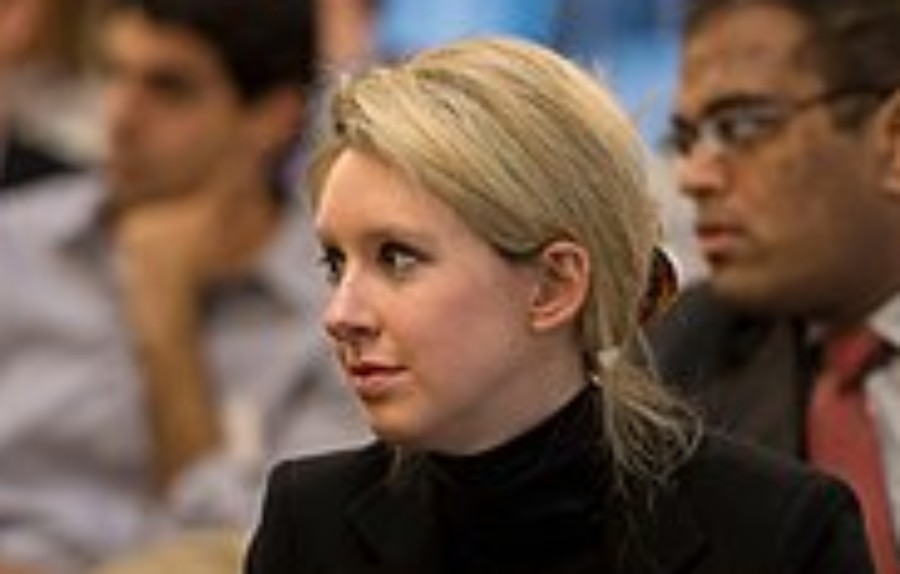
The mentality that “If you give it all, you will make it” has long been deeply rooted in Silicon Valley, a hub for technological innovation and one of the wealthiest regions in the world. And the truth is that for the most part, this mentality stands true.
However, it turns sour when people take it too seriously: working themselves beyond their limits, seeing their self-worth in terms of wealth amassed and becoming demoralized when their budding startup turns out to not be the next Facebook.
From the outside, the output of the tech industry is nothing short of revolutionary. When people think of Silicon Valley, companies such as Amazon, Apple, Google, Facebook and Microsoft are some of the first to come to mind. These tech giants, also known as the Big 5 companies, have risen to the forefront of the United States’ technology industry, dominating the technology scene as people see it today in everything from e-commerce to self-driving cars.
However, understanding the underlying morals and inner workings of Silicon Valley startup culture is crucial to uncovering the ugly truth: It is not all that it is made out to be. When morals and virtue are left in the dust, Silicon Valley turns opportunities into obstacles.
Senior Salar Cheema is among many high school students that dream of working in Silicon Valley. “Silicon Valley is the dream for software engineers around the world, but their desire for money blinds them to the brutal working conditions and fraudulent underlying schemes,” he said.
The rise and fall of Theranos, a blood-testing company founded in 2003 by Stanford dropout Elizabeth Holmes depicts the line between hard work and achievement that often becomes blurred in Silicon Valley.
For a startup to be successful, it takes years of hard work and relentless dedication. And even then, most startups fail. When she started her company, Holmes was the embodiment of the Silicon Valley work ethic that builds billionaires. As outlined in Holmes’s 4 a.m. work schedule, “I am never a minute late. I show no excitement. ALL ABOUT BUSINESS. I am not impulsive. I know the outcome of every encounter. I do not hesitate. I constantly make decisions and change them as needed. I speak rarely. I call bullsh*t immediately.”
Although it may sound dramatic, Holmes’s attitude was not far off from others in Silicon Valley with big dreams of achieving the next to impossible. Her startup Theranos was based on the idea that one prick of the finger would be able to detect medical conditions like high cholesterol and cancer. Holmes raised more than $700 million from prominent investors to fund her startup without revealing how the technology in her company worked.
She was coined by many as the female version of Steve Jobs. Her company grew to be valued at $9 billion. At one point, Holmes was recognized as the world’s youngest self-made female billionaire with a net worth of around $4.5 billion.
In 2014, it all came crashing down when Theranos turned out to be a fraudulent scheme – it was revealed that the machines did not work.
On Jan. 3, 2022, after seven days of deliberation, a jury officially found Holmes guilty on four counts of defrauding investors. The verdict comes after a three-month criminal fraud trial of the disillusioned Silicon Valley entrepreneur turned cautionary tale for others aspiring for success amid a toxic startup culture.








